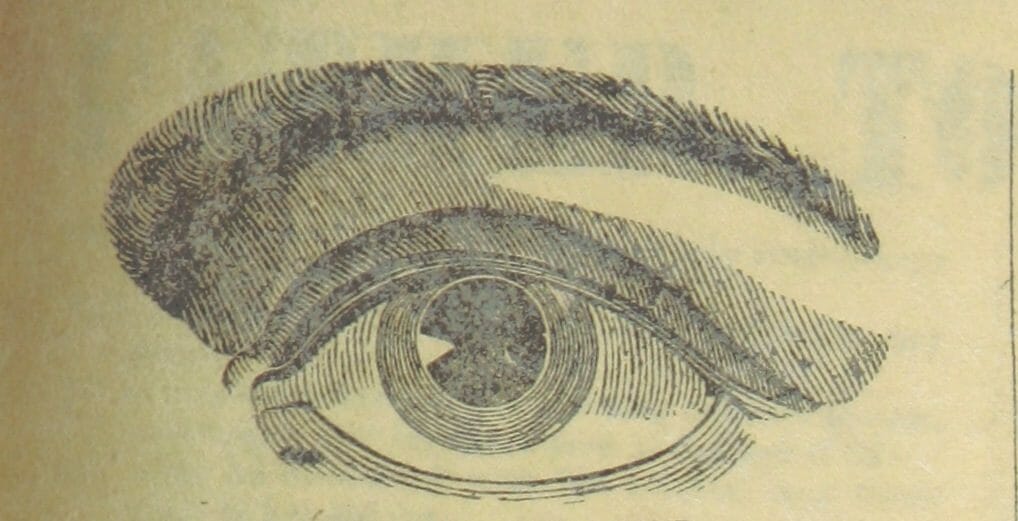
Blindness | Homo homini lupus in Saramago's novel
Author
Year
Format
Length
Original language
In an unspecified city, a healthy man finds himself blind in the middle of the road. He goes to the ophthalmologist, but the doctor has no explanation to give him. Soon even the doctor and his patients lose their sight. The reader finds out that blindness is contagious. Thus begins Blindness, (released in 1995 with the original title of Essay on Blindness) one of the most famous novels by the Portuguese writer Josè Saramago, who received the Nobel Prize for Literature in 1998.
According to the president of the republic of the time, Jorge Sampaio, awarding the Nobel Prize to Saramago is “the definitive consecration of the Portuguese language and a tribute to the creator of a universal work”.
What happens in the state of nature?
The unexplained nature of blindness causes widespread panic among the infected. Blind people are forced into a long quarantine in a former asylum. Initially, the government distributes food regularly, but when the contagion also affects guards and politicians, chaos begins. Living conditions and morale degrade in a very short period. Life becomes a merciless struggle for survival. Inside the asylum, a group of blind people takes possession of all food rations coming from outside. They use it to blackmail others and obtain advantages, such as sexual favors. The only person who still sees is the doctor’s wife, but she can’t tell anyone, or she would be in danger.
Saramago uses the blindness epidemic to portray a scenario in which social rules no longer exist, just as happens in the state of nature conceived by the English philosopher Thomas Hobbes.
Hobbes describes human nature as competitive and selfish: without rules, there is only the instinct of survival and that of oppression. There is therefore a perennial conflict, a constant situation of bellum omnium contra omnes. Hobbes’ pessimistic view of human nature perfectly reflects itself in Saramago’s novel.
If we cannot live entirely like human beings, at least let us do everything in our power not to live entirely like animals.
The second part of the book, however, is very different. The first group of blind people manages to get out of the asylum, and realizes that the entire city has been infected. There is chaos everywhere, and everyone is searching for food and shelter. Although it is a highly dramatic situation, it is in this second part that the positive values of the characters emerge most. There are characters full of solidarity, such as the doctor and his wife, who do not think only about their own interests but try to help others, especially the weakest, like the cross-eyed boy.
An innovative literary style
Saramago has a unique style, which does not respect the common spelling rules. He uses very little punctuation, and he doesn’t use quotes to introduce dialogue, nor conventional paragraph breaks. In this way, he creates a single stream of words, and the writing becomes much more dense and immersive.
Another element that stands out immediately is that characters have no names. The reader identifies them by their jobs, like the doctor, or marital statuses, like the doctor’s wife, or a defining trait, like the glasses they wear. With this choice, Saramago highlights that the epidemic makes the human being impersonal and that it takes away his uniqueness.
Paradoxically, the one who manages to maintain humanity and compassion is not a human being, but a dog. He is called the dog of tears, because he knows when to dry the tears of human beings, and when instead he has to let them flow. The dog represents a metaphor for compassion. In a world as cruel as the one described in the novel, it seems that the only hope is for animals to feel pity for human beings.
But there is another great metaphor that stands out in the novel: blindness itself. In fact, true blindness is not about the infected, it’s about the indifference that has affected all of Western society. Therefore, seeing means understanding, becoming aware of the problems and sufferings of humanity.
As a writer, Saramago does just that. As he stated in an interview:
I write to understand, without being sure that I have understood. No one can ever fully understand, but doubt is necessary, because we live in a world where certainties are constantly reaffirmed. Doubt keeps us alive, while certainty ends up paralyzing us.
Contagion in litterature
Contagion is not a new topic in literature. Alessandro Manzoni talked about it in The Betrothed, describing the plague that struck Milan around 1630. Then, in the twentieth century, the epidemic became the allegory for something else. In the novel The Plague, written by the French writer Albert Camus, diseases become the representation of evil, and in particular of Nazism. Saramago, on the other hand, transcends historical and political implications, focusing on man, gaunt and naked. His description of the pandemic almost resembles an anthropological essay on the human species.
In 2004, Saramago published a sort of sequel to Blindness, entitled Essay on Lucidity. The two novels are united by the presence of some characters, like the doctor’s wife and the dog of tears. Essay on Lucidity, however, it’s a more political novel, as it focuses on national elections.
In 2008 the film Blindness was released, by Fernando Meirelles, and based on Saramago’s book, starring Mark Ruffalo and Julianne Moore. Blindness premiered as the opening film at the Cannes Film Festival.
Blindness’s legacy
In 2021 Squid Game, a South Korean Netflix series, became the most-watched series of all time. It focuses on a group of 456 people who have had problems with justice and are in financial trouble. If they win the competition, which consists of 6 revisited children’s games, they earn 39 million dollars. If they lose, they die.
The challenge is inspired by both the Hunger Games saga and Battle Royale. Looking deeper though, it has a lot in common with Saramago’s novel as well. Both have the same dominant thesis: when social rules no longer exist, human beings act only on the basis of their own interests.
In Squid Game, players themselves are unscrupulous people. This does not make them very different from their tormentors. They are willing to do anything to survive and win the prize pool, just like in Blindness, where the characters lose their compassion for others. In the struggle for survival, humanity always reduces itself to an animal state.
There is another reason why Blindness is particularly current: the pandemic. Reading this novel in this historical period loads it with further significance. The atmosphere that Saramago manages to create is very reminiscent of last year when towns were deserted and people paralyzed with fear, as in a post-apocalyptic scenario. In some cases, just like in the novel, people have emptied supermarkets for fear of running out of food. Discrimination also intensified, with episodes of physical and verbal attacks on the Chinese community, totally unjustified.
Much more than blindness or physical illness, Saramago would say, what we must fear is the darkness of reason. In light of Covid19, his novel can be seen as a complaint to remember whenever people forget the values that make them human: solidarity, understanding, and mutual help.
Tag
Buy a ☕ for Hypercritic









